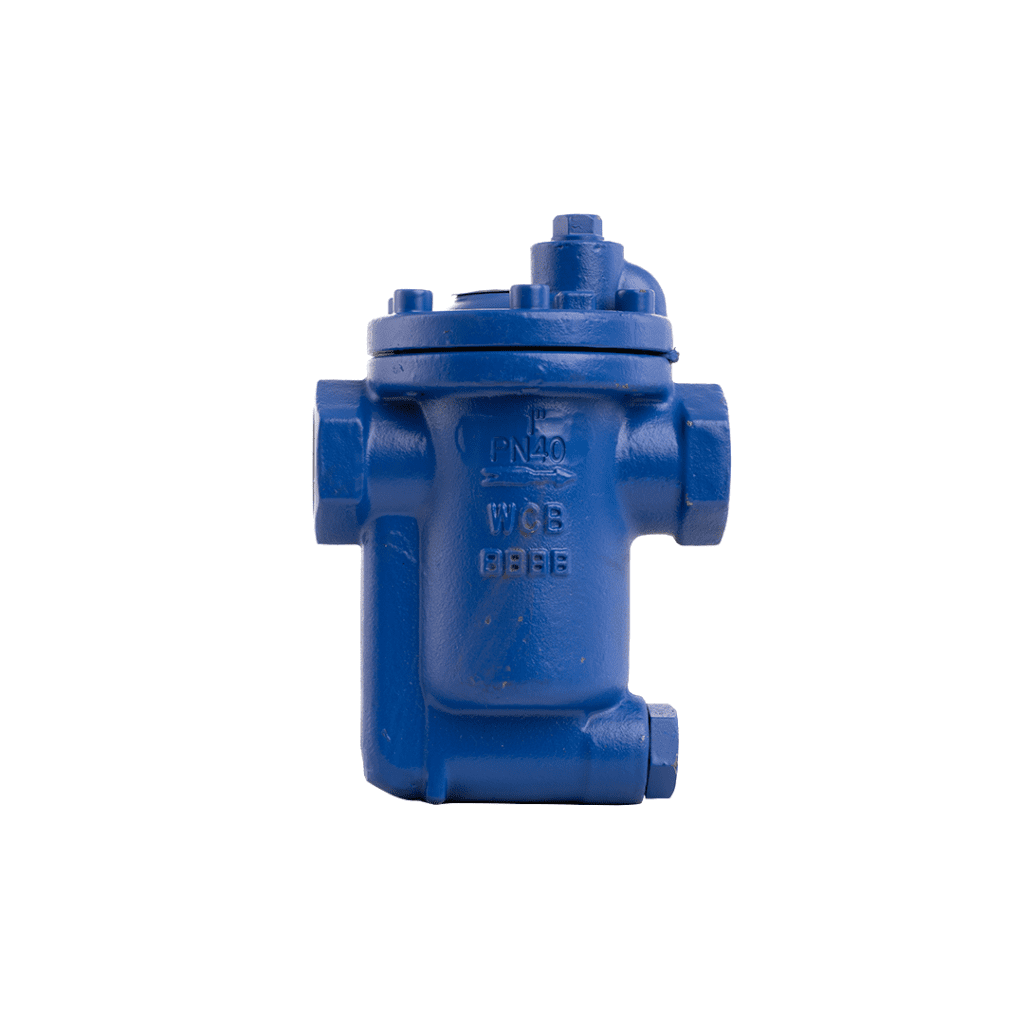Mintex Industrial Supply
Inverted Bucket Steam Trap
Inverted Bucket Steam Trap
100 in stock
Couldn't load pickup availability
An Inverted Bucket Steam Trap is a type of steam trap designed to remove condensate and air from steam systems while preventing steam loss. It operates based on the principle of buoyancy, where the inverted bucket floats on the condensate and opens or closes the discharge valve accordingly.

Product Applications for Inverted Bucket Steam Trap
-
Steam Heating Systems
- Purpose: Used in commercial and industrial steam heating applications, such as heating coils, radiators, and steam jackets.
- Reason: The inverted bucket steam trap efficiently removes condensate and air, ensuring that steam reaches the heating equipment without loss, which helps maintain consistent heating performance.
- Benefit: Improves energy efficiency by minimizing steam loss, enhances heating effectiveness, and prevents issues such as water hammer or flooding in the system.
-
Process Industries
Purpose: Employed in industries such as food processing, pharmaceuticals, and chemical manufacturing where steam is utilized for heating, sterilization, or cooking.
Reason: The trap effectively handles varying load conditions by automatically discharging condensate while keeping steam inside the process equipment, ensuring optimal operating conditions.
Benefit: Maintains the desired temperature and pressure in processes, ensures product quality, and enhances overall system reliability by preventing steam loss and maintaining process efficiency.
-
Power Generation
Purpose: Installed in steam turbines and heat recovery systems in power plants to manage steam and condensate flow.
Reason: The inverted bucket steam trap removes condensate that can accumulate in steam lines and turbines, preventing water damage and ensuring that only steam is fed into turbines.
Benefit: Increases turbine efficiency, reduces the risk of water carryover that can cause mechanical damage, and improves overall energy efficiency in power generation.

